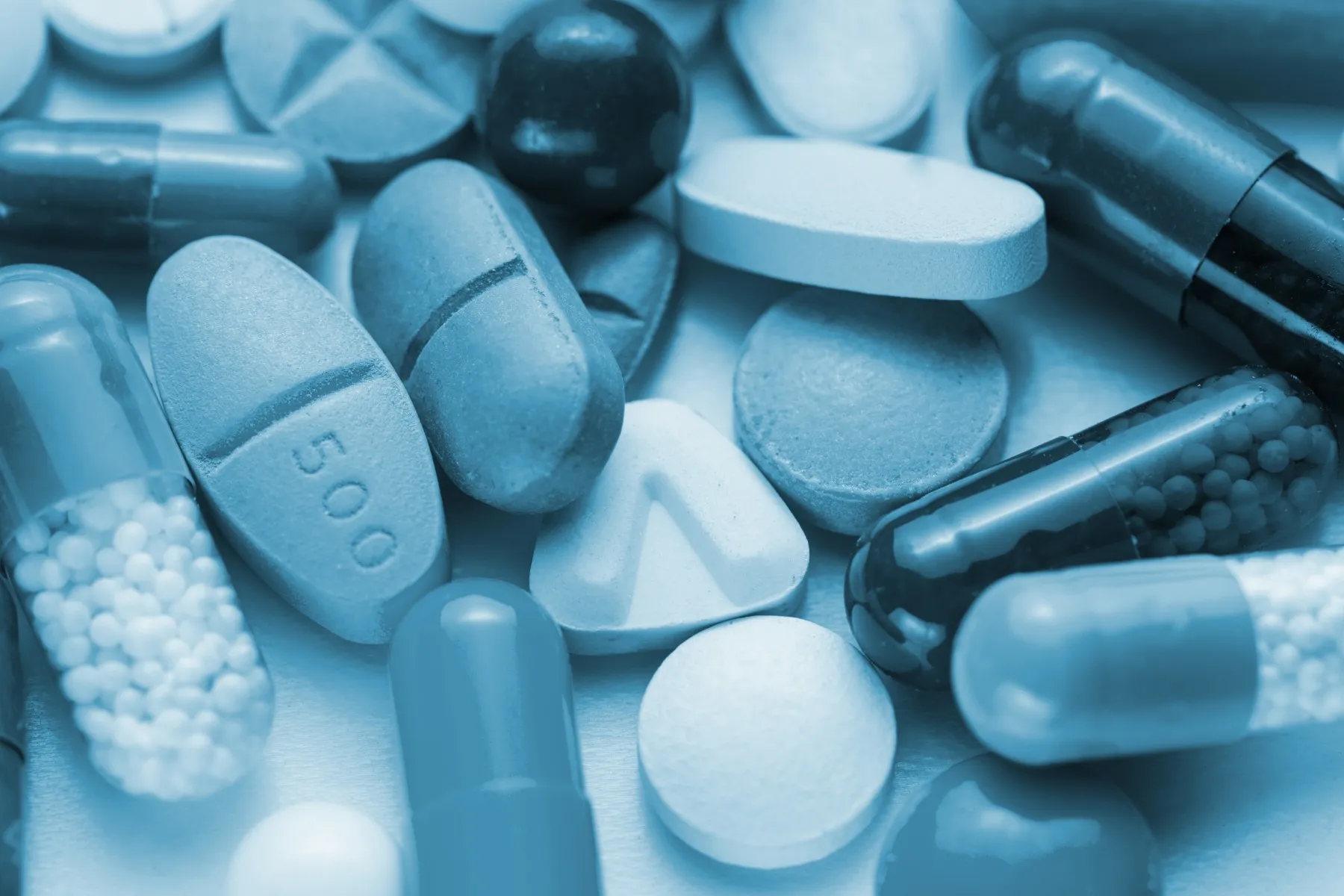In the pharmaceutical industry, ensuring the quality and safety of products is imperative. A problem common to many companies is the presence of harmful endotoxins in medicinal fluids. These endotoxins, derived from bacterial cell walls, can have serious consequences for both the effectiveness of the medicine and the health of patients. This report highlights a specific case where a customer was experiencing elevated levels of endotoxins, which rendered their medicine unusable. Through thorough research and testing, we found an effective solution that not only addressed the problem, but also ensured the client's operational continuity.
Client problem: Endotoxins
Our client experienced significant problems because their medicinal liquid contained too many endotoxins. This excess rendered the product unusable, leading to production interruptions and a drop in product quality. The challenge was to find a solution that could effectively reduce the endotoxins without affecting the integrity of the product.
What are Endotoxins?
Endotoxins, or lipopolysaccharides (LPS), are released into the environment during the active growth, mechanical damage, lysis, and death of gram-negative bacteria. Therefore, endotoxins are likely to be present in your process stream originating from the original water source. Sterilization processes can release endotoxins when gram-negative bacteria are destroyed. Given the intrinsic pyrogenicity, endotoxin concentrations must be reduced to the lowest possible level. Endotoxins are heat-stable and persist even after the death of bacteria. These cell fragments are typically smaller than 0.01 µm of 0.01 microns and cannot be removed by standard sterilizing-grade filters of 0.22 or 0.10 microns.
Test phases
To address the problem effectively, we started by conducting several phases of testing on-site at the customer’s facility. These tests focused on identifying filtration technologies capable of reducing the level of endotoxins in the liquid. After extensive evaluation and analysis, we concluded that the VBUNAF-END-20-EGS filter offered the most suitable solution. This filter proved capable of significantly reducing endotoxin levels, allowing the medicinal fluid to be safely used for production again.
Product The VBUNAF filter media combines innovative technology with high-quality materials for optimal filtration. Made from a unique blend of borosilicate glass fibers and Nano Alumina fibers, this non-woven structure offers an exceptionally high positive zeta potential of over 50 mV. This ensures a powerful electrostatic attraction ideal for removing negatively charged contaminants such as endotoxins and Legionella bacteria. The filter media is not only efficient but also durable. It has excellent flow rates and generates low pressure drops, reducing operational costs. Furthermore, the VBUNAF has been tested and approved for use in various applications, including water treatment and disinfection systems. Click on the product to go to the product page! ⇒VBUNAF
Endotoxin removal
The removal of endotoxins can also be achieved through the use of a tight ultrafiltration (UF) process step. This would require high pressure and possibly large filter surface areas, depending on the required process flow. Such an approach would necessitate modifications to the piping to incorporate the UF filter step, which would increase both the capital and operational costs of the system. Fortunately, the charged PES filter (CPF) from Van Borselen Filters offers a simpler and more effective solution, as this positively charged sterilizing filter can remove both bacteria and endotoxins from the system through adsorption.
Some benefits of using the charged PES filter include:
- Our charged filter has a Log Endotoxin Removal greater than 4 when challenged with 100 EU/mL of purified E. coli Type O113:H10 endotoxin.
- Each individual module is integrity tested.
- The filter materials meet the standards of the United States Pharmacopeia Class VI (USP VI).
- You can expect excellent filtration efficiency, outstanding flow rates, and high throughputs.
- Implementing this technology will require fewer (if any) changes to your process and will be a much more economical solution.
Conclusion of the development
The implementation of the VBUNAF-END-20-EGS filter has not only resolved the issue of elevated endotoxins but has also ensured improved quality and safety of the final products. This allows the customer to resume their production process with the peace of mind that the medicinal fluid meet stringent quality standards. This case demonstrates the importance of selecting the right filtration technology in the pharmaceutical industry, where patient health and product integrity are paramount. By proactively seeking solutions, the impact of endotoxins can be significantly reduced, ultimately leading to a more reliable and safer end product.
Learn more? If you would like to receive any additional or specific information about our product range, or if you would like one of our account managers to visit you, please do not hesitate to contact us.
Contact us

